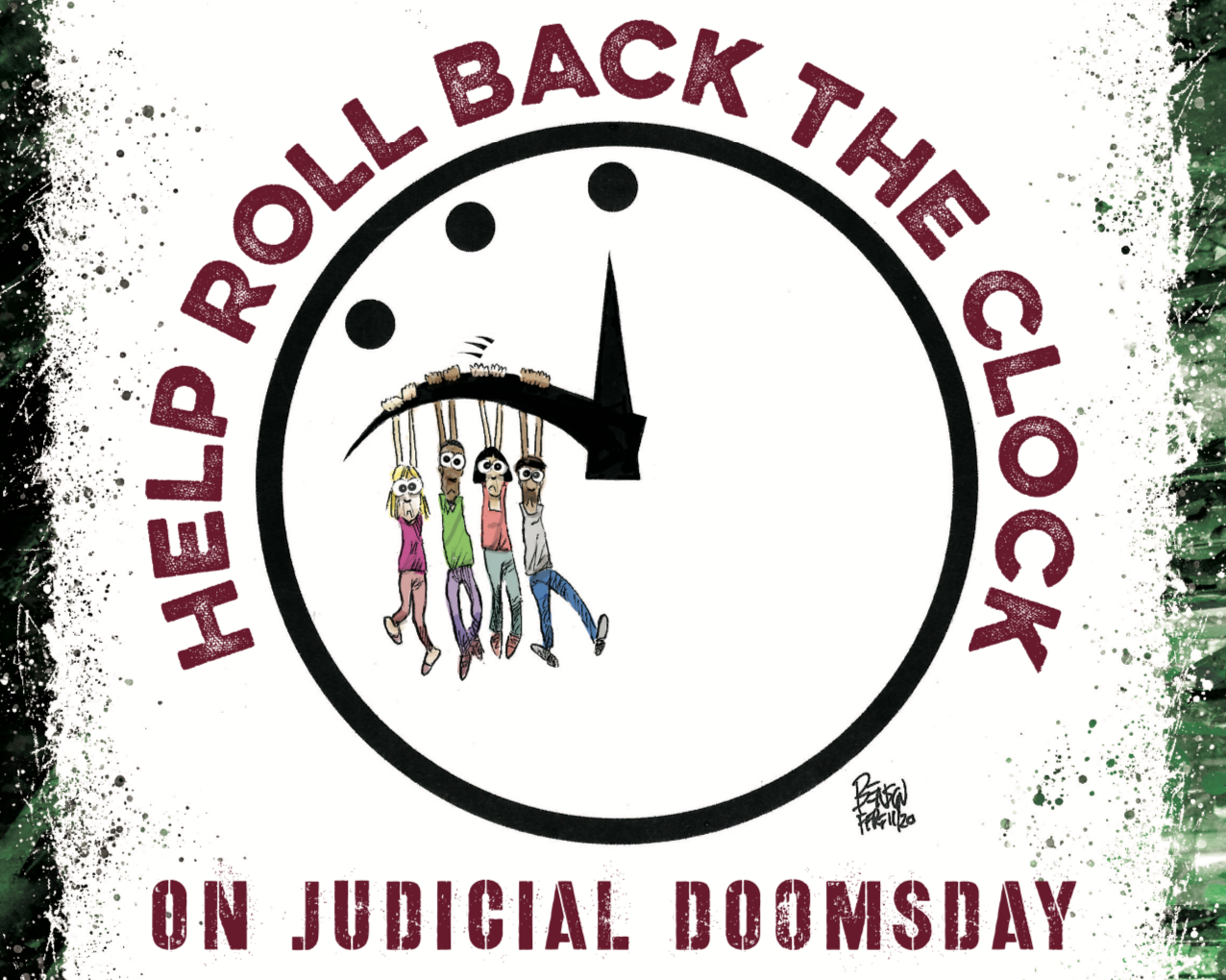
The Freedom From Religion Foundation castigates yesterday’s U.S. Supreme Court judgment gutting the Voting Rights Act of 1965, and renews its call for court reform.
The timing of the 6-3 ruling, right before the august anniversary today of the landmark Civil Rights Act and the Independence Day weekend, adds insult to injury.
“What is tragic here is that the court has (yet again) rewritten — in order to weaken — a statute that stands as a monument to America’s greatness, and protects against its basest impulses,” Justice Elena Kagan writes in her dissent.
The high court upheld two Arizona voting laws that contribute to the disenfranchisement of voters of color. Arizona bars most individuals or groups from collecting absentee ballots to drop off at polling places, and throws out ballots cast in the wrong precinct. The court decision eviscerates Section 2 of the Voting Rights Act, which bars any law that discriminates, intentionally or not, on the basis of race.
Lower federal courts had ruled there was ample evidence that the Arizona laws discriminate, such as against Native Americans on Indian reservations without transportation or reliable mail pick-up and delivery, and against lower-income individuals, who move frequently and don’t realize their voting precinct has changed. As dissenting Justice Kagan charges, the restrictions “stack the deck against minority citizens’ voting rights.”
This ruling follows the disastrous 2013 high court decision that destroyed the most important part of the Voting Rights Act, Section 5, which required federal approval before states and regions with histories of discriminatory voting practices change or adopt any voting law. It is more than dismaying that yesterday’s majority opinion, authored by Justice Samuel Alito, invokes the phony issue of voter fraud to justify legislation to disenfranchise as many voters as possible.
Making this decision even more immoral is the rush by many state legislators to introduce and adopt voter suppression laws. Such grotesque laws have been enacted this year in Georgia and Florida, with Texas poised to pass its own suppression law. H.R. 1, known as the For the People Act, which would ensure voter rights and transparent electioneering, is stalled in Congress. Democrats are struggling, in fact, to pass the more narrow reform bill, the John Lewis Voting Rights Advancement Act, intended to return full protections of the Voting Rights Act following the 2013 decision. However, Senate Minority Leader Mitch McConnell opposes even that bill. Let’s hope yesterday’s decision will rev up support for it.
Thanks to Donald Trump, McConnell and the Federalist Society, the Supreme Court and lower federal judicial branches have been stacked with justices or judges who oppose civil rights, the Establishment Clause, reproductive rights and basic democratic safeguards.
The Presidential Commission on the Supreme Court, which met for the first time this week to analyze the merits and legality of various Supreme Court reform proposals, must see yesterday’s ruling as a wake-up call.
We in the United States do still have a republic. The question, as Ben Franklin famously posed, is whether we will be able to keep it.
Read FFRF’s basic statement on why voter suppression is a secular issue.

